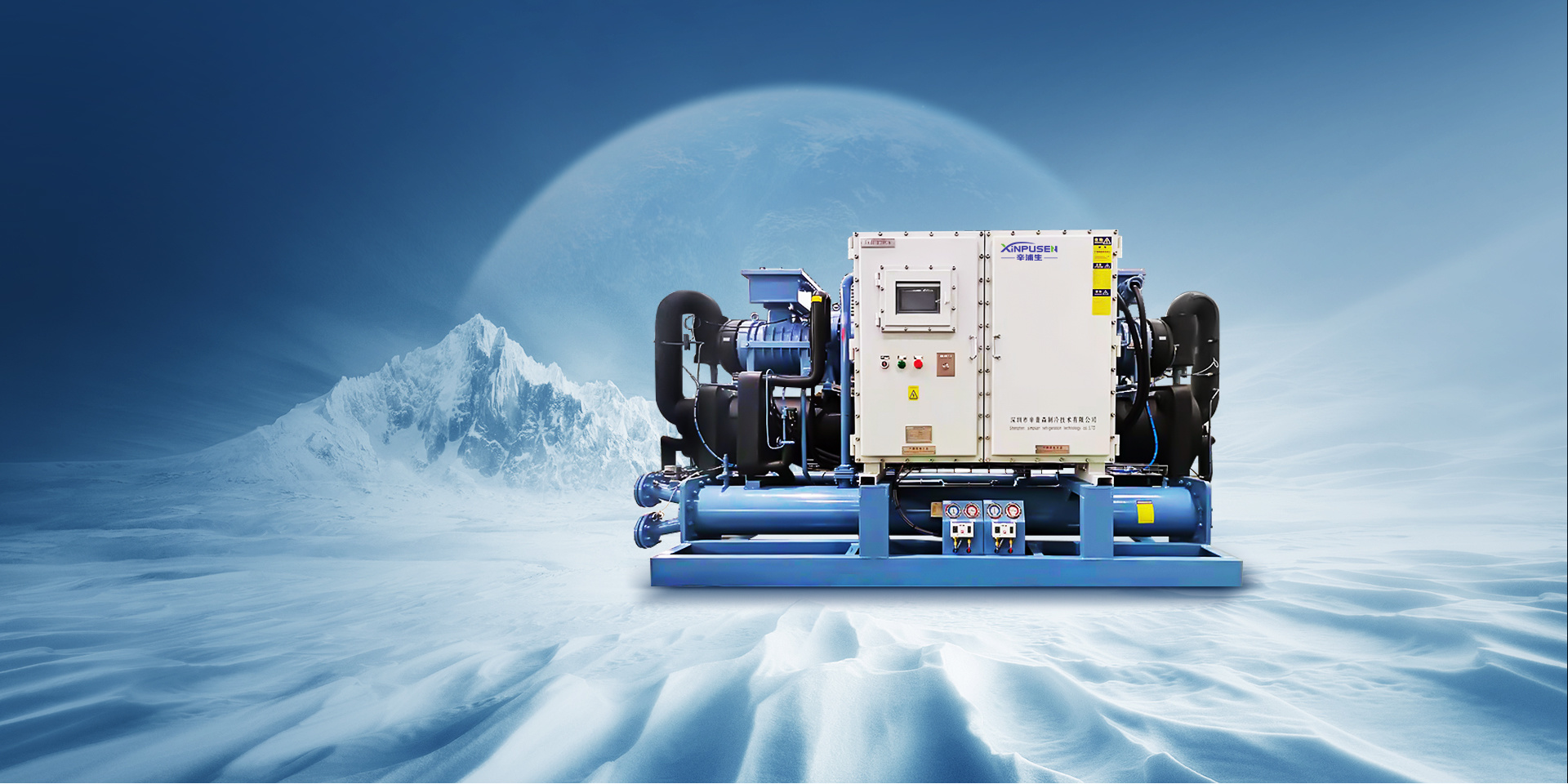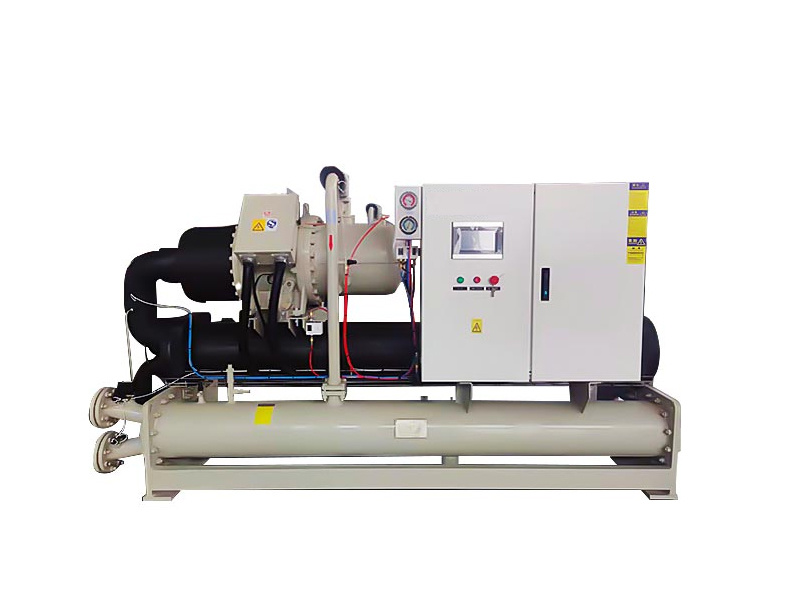Exploring the Benefits of Natural Cooling Air-Cooled Chillers in Industrial Applications
2025-08-09 19:40
One of the primary benefits of natural cooling air-cooled chillers is their low environmental impact. Unlike traditional cooling systems that rely on harmful refrigerants or extensive water usage, these chillers utilize the natural cooling effects of air. This not only minimizes the ecological footprint but also aligns with global efforts towards sustainability and reducing greenhouse gas emissions.
The operational principle of natural cooling air-cooled chillers is relatively straightforward. They function by circulating refrigerant through evaporators and condensers. As the refrigerant absorbs heat from the process or environment, it transforms into vapor. This vapor then passes through the compressor, raising its pressure and temperature. The hot vapor then enters the air-cooled condenser, where ambient air cools it down, allowing the refrigerant to condense back into a liquid state. This cycle is efficient and can be optimized for various industrial applications.
A significant advantage of using natural cooling air-cooled chillers is their reduced energy consumption. These systems often require less electricity than traditional water-cooled chillers, leading to lower operational costs. Moreover, as they draw cooling from the surrounding air, they can operate efficiently in a variety of climates, making them suitable for both hot and temperate regions.
Additionally, natural cooling air-cooled chillers are relatively easy to install and maintain. With no need for cooling towers or complex water systems, companies can save on both initial setup costs and ongoing maintenance. This simplicity also translates to greater reliability and less downtime, which is crucial for industries that require consistent cooling for their processes.
Furthermore, these chillers can be integrated into existing systems with relative ease, providing flexibility in design and application. As industries are increasingly seeking to enhance their operational efficiency while minimizing their environmental impact, natural cooling air-cooled chillers represent a forward-thinking solution that meets both criteria.
In conclusion, natural cooling air-cooled chillers offer numerous advantages for industrial applications, making them a viable choice for companies striving for sustainability and efficiency. By leveraging ambient air for cooling, these systems not only reduce energy consumption but also contribute to a greener future, making them an essential component in modern industrial cooling strategies.
Previous: Why Your Industry Needs a Natural Cooling Air-Cooled Chiller: The Key to Efficient and Sustainable Cooling Solutions
More Information
2026-03-02
Understanding the Advantages of Water-Cooled Screw Chillers for Industrial Applications
2026-02-24
quality air cooled industrial chiller
2026-02-23
Essential Insights into Air Cooled Industrial Chillers: Efficiency, Selection, and Maintenance
2026-02-16
What to Expect During the Installation of Air Cooled Industrial Chillers: A Comprehensive Guide
2026-03-02
Understanding the Advantages of Water-Cooled Screw Chillers for Industrial Applications









 CN
CN EN
EN


